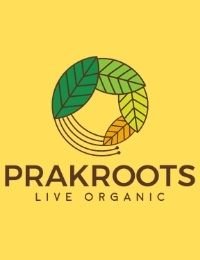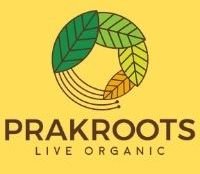MAJOR PRODUCTS
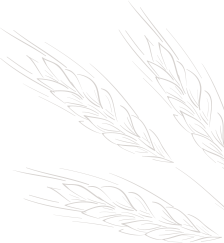

ORGANIC SPICES
A spice is a seed, fruit, root, bark, or other plant substance primarily used for flavoring or coloring food. Organic spices constitute of all the herbs, seasonings and garnishes utilized in major food applications which are organically sourced and manufactured. This essentially means that the farming practices do not require any pesticides, and various other chemically formulated contaminants. Spices are sometimes used in medicine, religious rituals, cosmetics or perfume production.
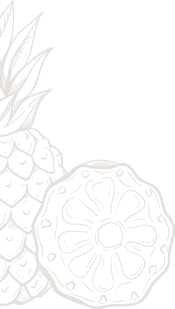
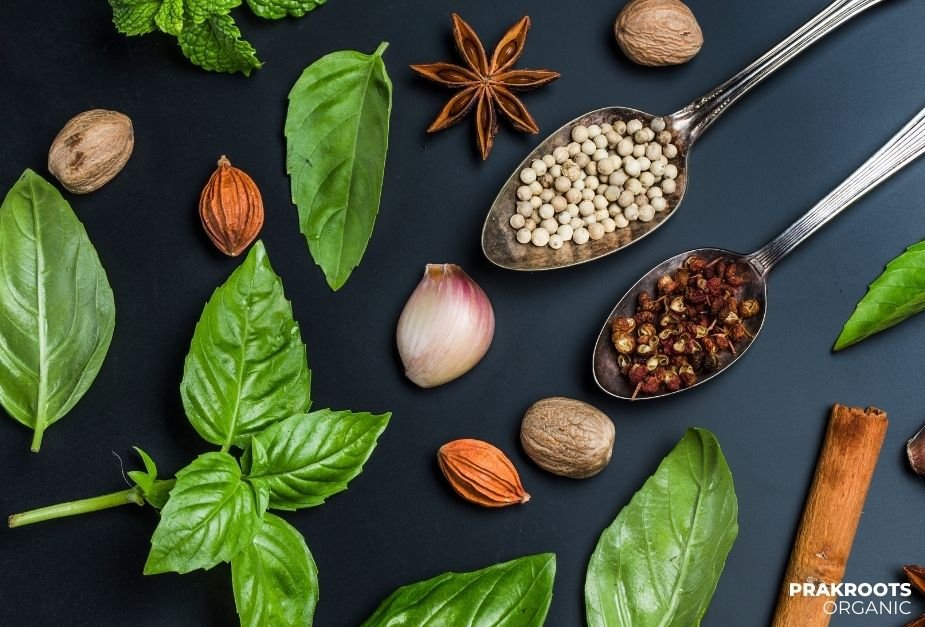
ORGANIC HERBS
Organic herbs have been cultivated by natural means on unpolluted land by adding organic material without the use of chemical fertilizers, pesticides or herbicides. Organic herbs can also be used for medicinal purposes. Herbs have a variety of uses including culinary, medicinal, and in some cases, spiritual. Consuming herbs may help to prevent and manage heart disease, cancer and diabetes.

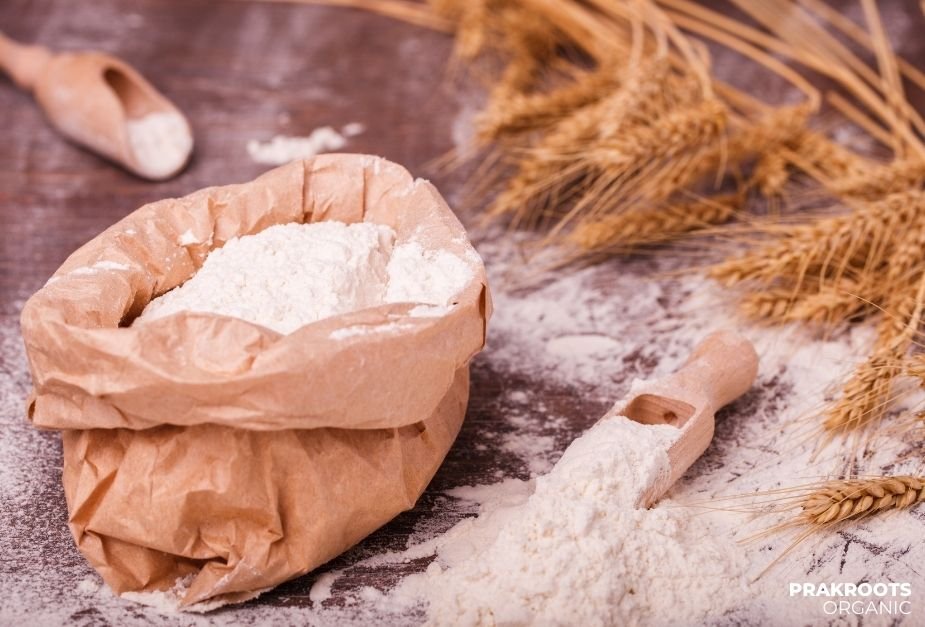
ORGANIC FLOURS
Organic flour is milled from pesticide-free grain and grown in soil only fertilized by natural substances. ... It's also been said that organic grain develops more robustly, taking in more nutrients from the soil and thereby making the flour healthier and more nutritious for consumers.

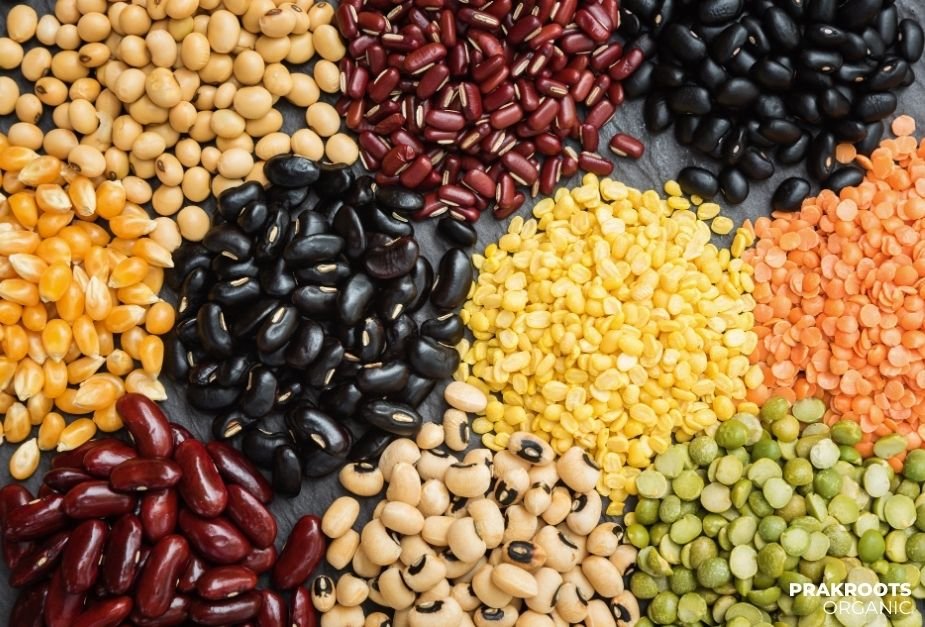
ORGANIC PULSES
Pulses are a type of leguminous crop that are harvested solely for the dry seed. Dried beans, lentils and peas are the most commonly known and consumed types of pulses. Pulses do not include crops which are harvested green (e.g. green peas, green beans)—these are classified as vegetable crops. Pulses are healthy, nutritious and easy to cook with.
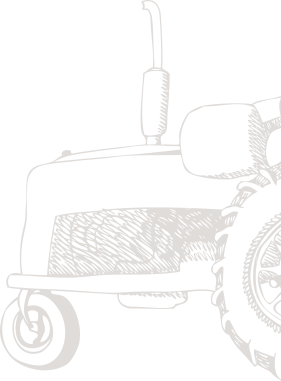
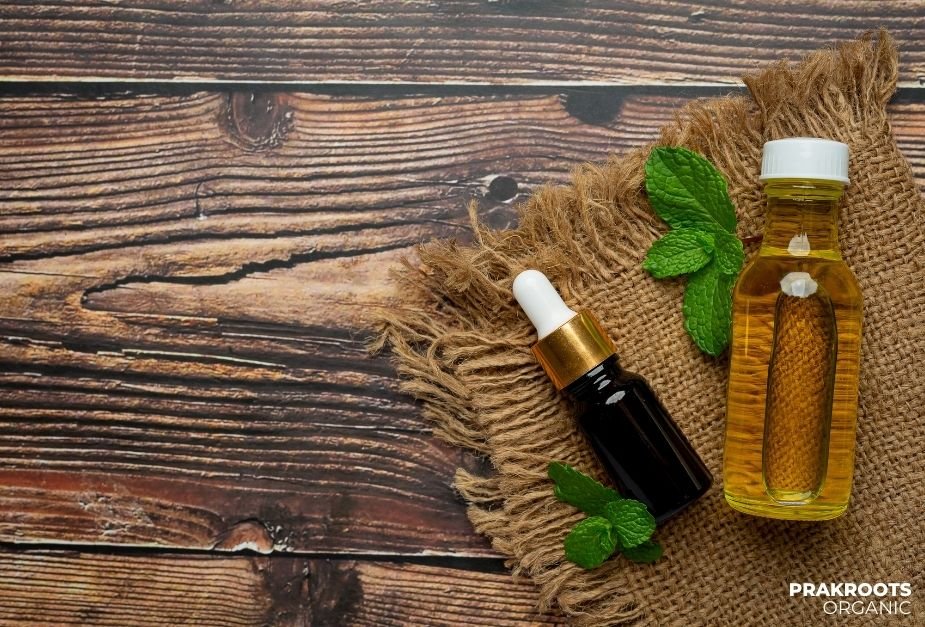
ORGANIC ESSENTIAL OILS & EXTRACTS
An organic essential oil is one that has been produced from plants or herbs that have been grown or processed using these organic principles. Essential oils are generally extracted by distillation, often by using steam. Essential oils are often used for aromatherapy, a form of alternative medicine in which healing effects are ascribed to aromatic compounds. An extract is a substance made by extracting a part of a raw material, often by using a solvent such as ethanol, oil or water. Extracts may be sold as tinctures, absolutes or in powder form.

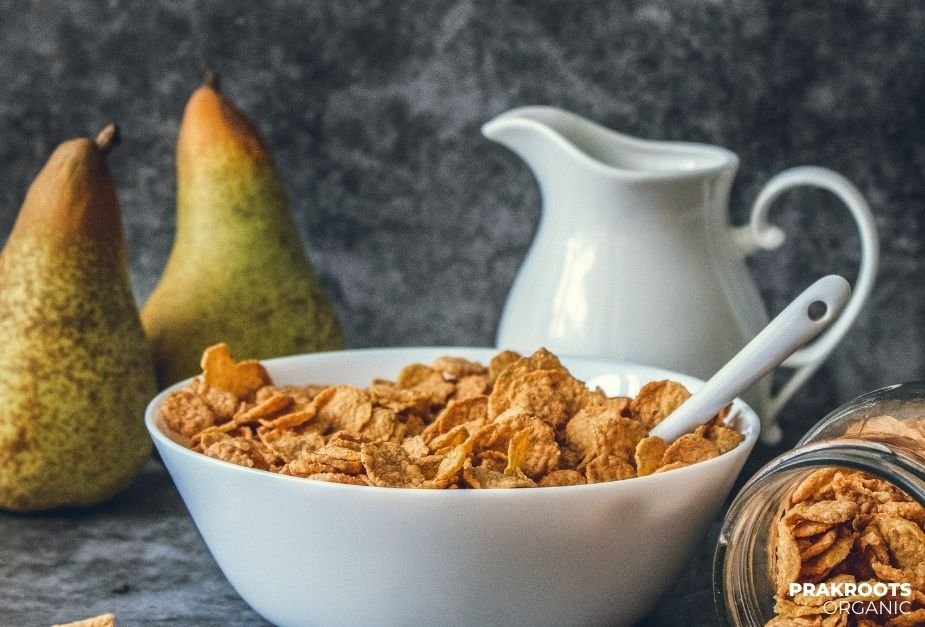
ORGANIC CEREALS & MILLETS
Cereals are seeds/grains of grasses and are cultivated in order to obtain the largest bounty of their fruit (seed) which consists of germ, endosperm and bran, and is also referred to as the caryopsis. Millets are a group of highly variable small-seeded grasses, widely grown around the world as cereal crops or grains for fodder and human food. Cereals are Rich in Carbohydrates (60-70%). Also have Proteins, Fats and Vitamins. Millets are easy to digest and also contain a high percentage of minerals like magnesium, phosphorous and potassium apart from other nutrion like protein, fat and vitamins.

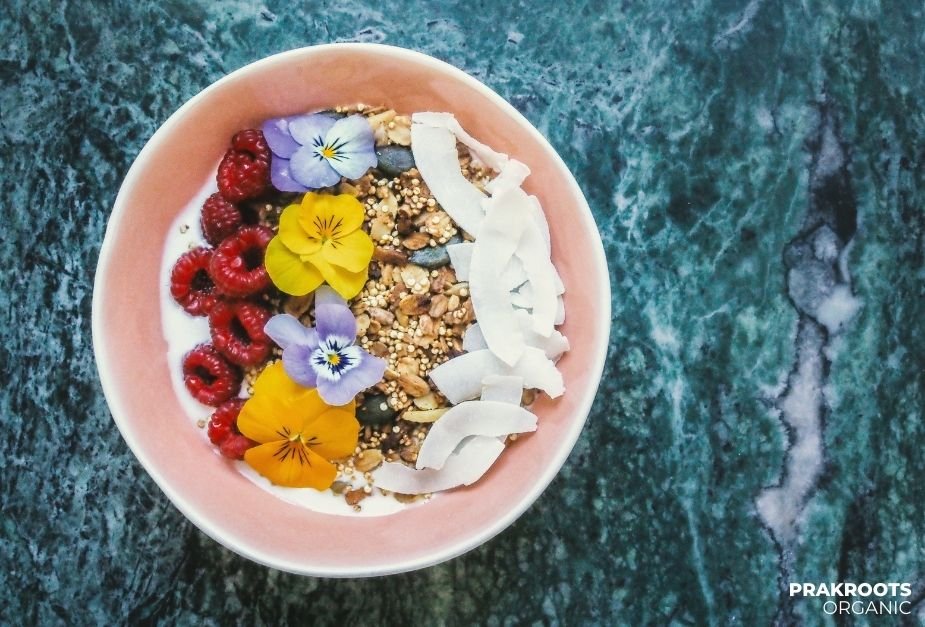
ORGANIC SUPERFOOD
Superfoods are foods — mostly plant-based but also some fish and dairy — that are thought to be nutritionally dense and thus good for one's health. ... Superfoods contain a variety of nutrients, such as antioxidants, which are thought to ward off cancer. These foods are usually rich in fiber, antioxidants, vitamins and minerals and other such food category required for healthy functioning of the body.

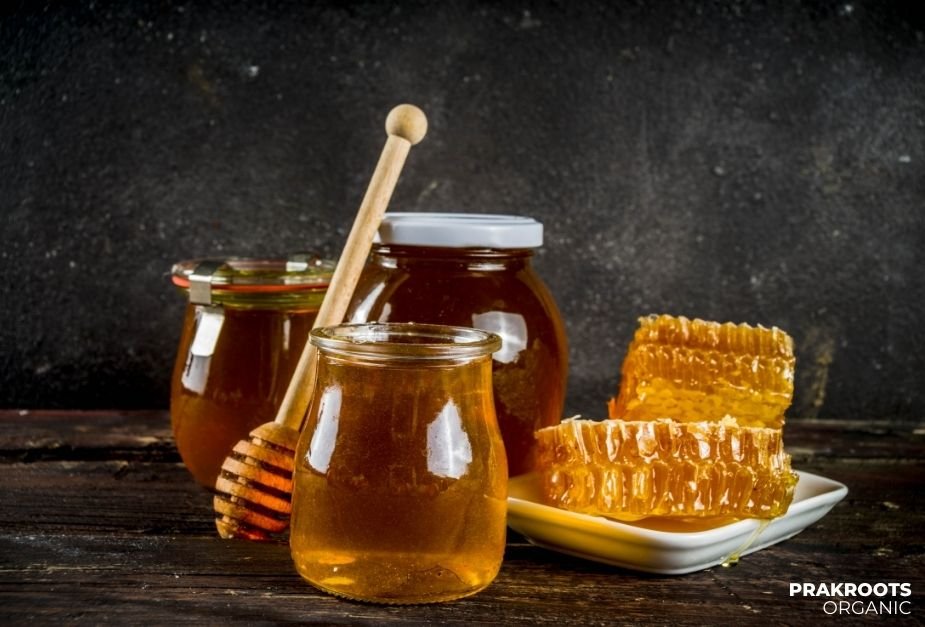
ORGANIC FUNCTIONAL INGREDIENTS
A functional ingredient is a bioactive compound that can be used in the manufacture of functional food products. These bioactive compounds can be obtained from a variety of sources such as primary produce, marine sources, microorganisms and organic raw materials.

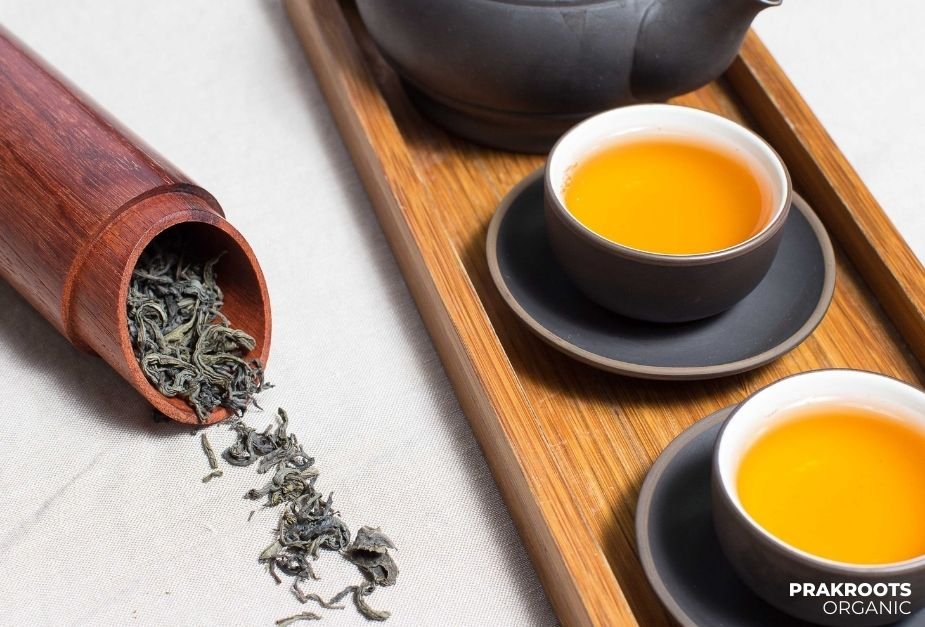
ORGANIC TEA & COFFEE
Organic Teas use no chemicals like pesticides, herbicides, fungicides, or chemical fertilizers, to grow or process the tea after it is harvested. Instead, farmers use natural processes to create a sustainable tea crop. Organic coffee beans are coffee beans that have been produced without the use of pesticides or herbicides. ... The definition of certified organic coffee can be extended to include an emphasis on recycling, composting, soil health, and protection of the environment.

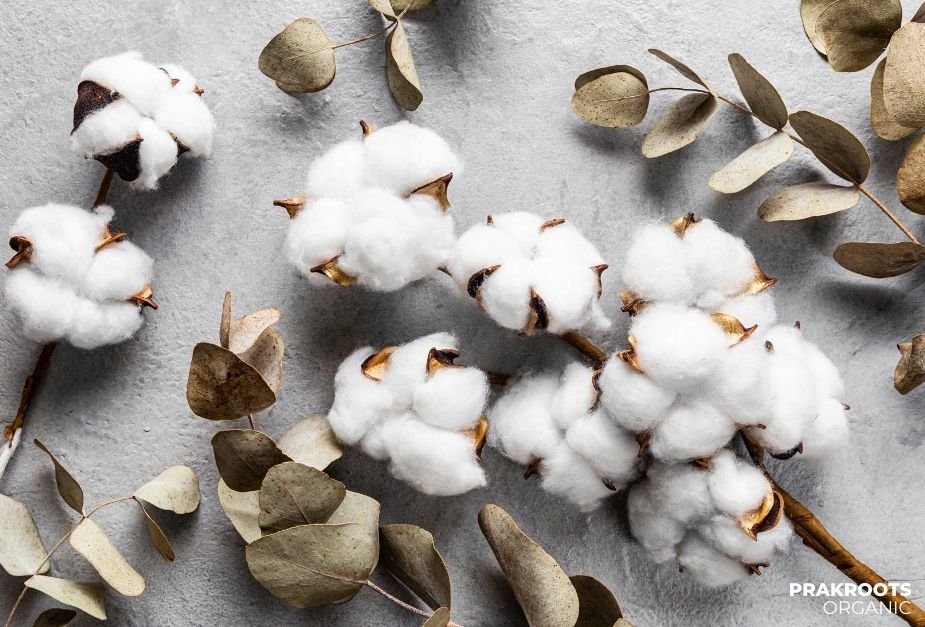
ORGANIC COTTON
Organic cotton is generally defined as cotton that is grown organically in subtropical countries such as India, Turkey, China, and parts of the USA from non-genetically modified plants, and without the use of any synthetic agricultural chemicals such as fertilizers or pesticides aside from the ones allowed by the certified organic labeling. Its production is supposed to promote and enhance biodiversity and biological cycles.

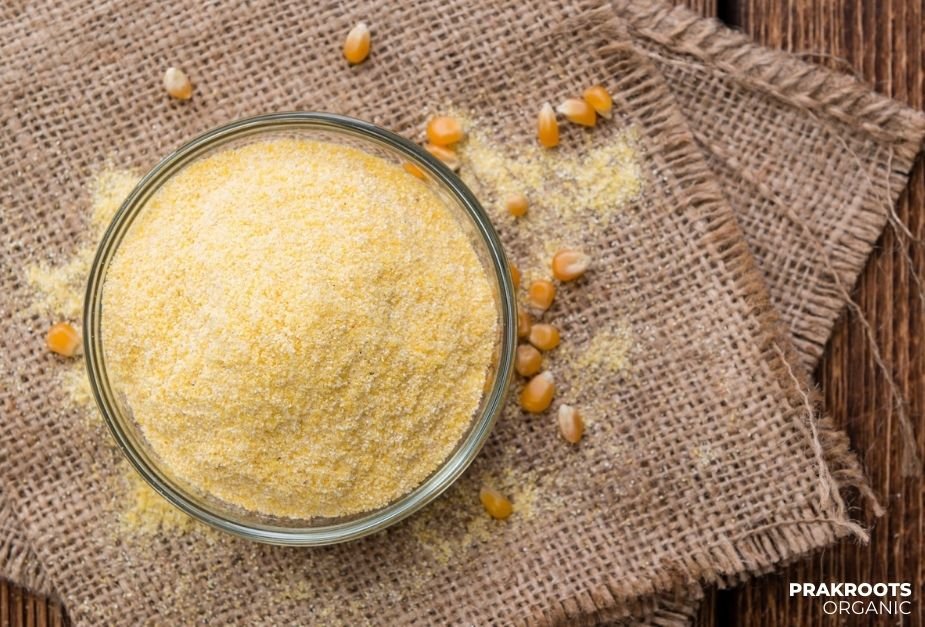
ORGANIC FEED
Meals is the most important protein source used to feed farm animals. It represents two-thirds of the total world output of protein feedstuffs, including all other major oil meals and fish meal. While it has been an accepted part of livestock and poultry diets in the USA since the mid-1930s (Lewis et al., 2001), soybean feed production took off in the mid-1970s and then accelerated in the early 1990s due to a growing demand from developing countries.
